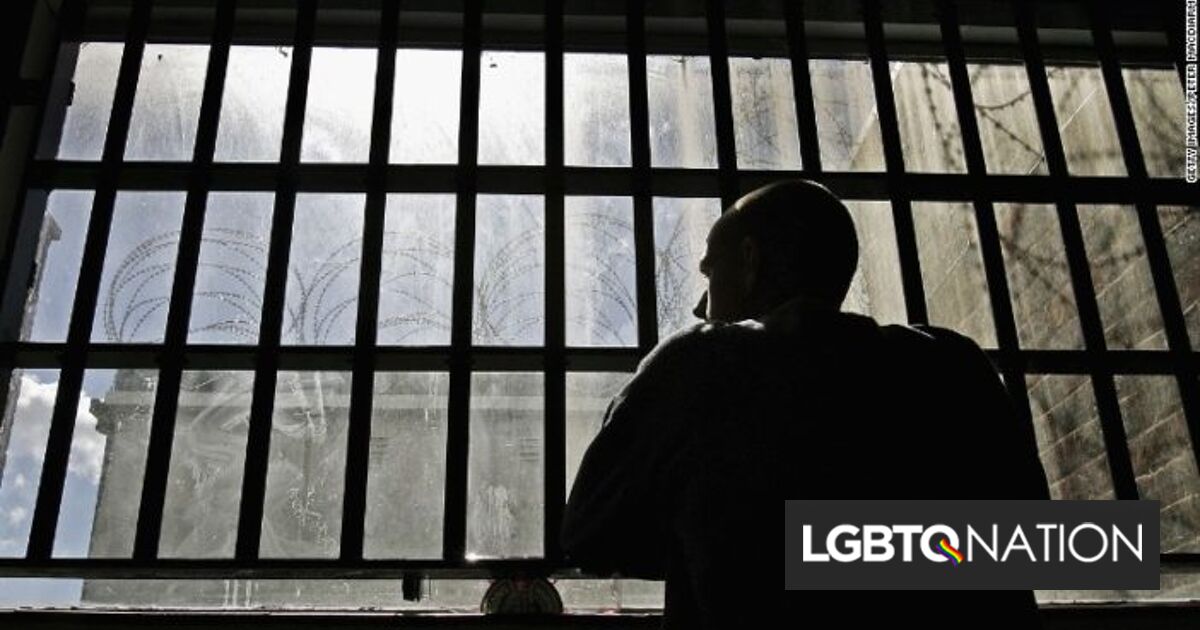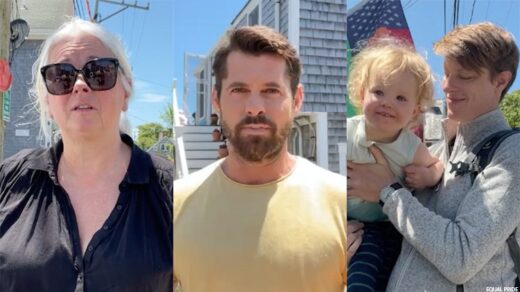Court rules that it’s unconstitutional to let a transgender guard strip search a Muslim prisoner
Author: Daniel Villarreal

A federal court has ruled that a Muslim prisoner’s religious rights were violated when a Wisconsin prison had a transgender male guard observe a strip-search being performed on him.
Rufus West, a 51-year-old Muslim man convicted in 1995 of armed robbery, said that the strip search took place in 2016 inside of the Green Bay Correctional Institution. Isaac Buhle, a trans male guard in the prison, was asked to observe the strip search while another guard conducted it.
In his 2017 lawsuit against the prison, West said that he felt “panic” at Buhle seeing him naked because he believes that Buhle is actually a woman, Courthouse News explained. It is against his religion, he said, for anyone other than his wife to see him naked.
When West filed a religious exemption request to prison warden Scott Eckstein asking to never again be observed by Buhle during a strip-search, Eckstein reportedly rejected the request, which led to West filing his lawsuit.
West’s lawsuit was initially thrown out in 2019 by a Democrat-appointed federal judge who said that West’s religious belief about Buhle’s gender didn’t outweigh the guard’s right to identify and be treated as a man in the workplace.
In that hearing, Wisconsin Assistant Attorney General Brian Keenan noted that Islam forbids showing anyone’s naked body to anyone besides one’s spouse, regardless of the observer’s sex. As such, Keenan argued that West’s religious objection was merely a cover for his transphobia.
Keenan added that not allowing a trans officer to perform a job duty because of their gender identity could violate Title VII of the 1964 Civil Rights Act, as the 2020 Supreme Court case Bostock v. Clayton County found that anti-trans discrimination in the workplace is a form of sex discrimination.
Furthermore, the prison argued that West had only encountered Buhle during a strip search once during West’s 20 years in the prison. As such, the prison argued, it was unlikely that West would ever encounter Buhle in that context again.
The federal district judge in that case said that West failed to show a substantial burden to his free exercise of religion, adding that the legal strip-search was the least restrictive way to further a compelling governmental interest, The Milwaukee Journal Sentinel reported.
That judge’s ruling was overruled on Friday by a three-judge panel in the Seventh Circuit’s Court of Appeals. The three conservative-appointed judges said the prison had placed an unconstitutional burden on West’s practice of religion.
“There’s no dispute that his objection to cross-sex strip searches is both religious in nature and sincere. The prison has substantially burdened his religious exercise by requiring him to either submit to cross-sex strip searches in violation of his faith or face discipline,” the ruling states.
The panel also said that Buhle would face no harm by “such an insignificant change in job duties.”
The court also ruled that West was protected by the Religious Land Use and Institutionalized Persons Act of 2000, and that he could pursue a claim in lower courts that the strip-search was “unreasonable” under Fourth Amendment constitutional protections.
The court’s ruling bars any trans individuals in participating in West’s strip searches henceforth.
Actual Story on LGBTQ Nation
Author: Daniel Villarreal




